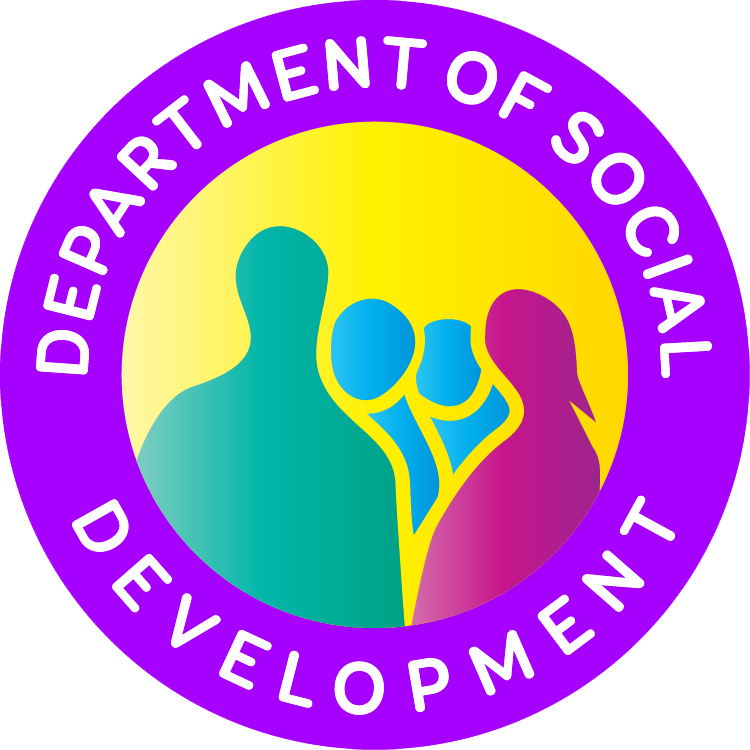About Us
Welfare Benefits
- Social Enhancement Aid (S.E.A)
- Home Help
The Home Help Services are designed to provide supplemental care and domestic services to vulnerable persons who may not have immediate relatives to provide adequate care and protection and lacks financial resources to access care, and are deemed unfit to work, as determined by a medical practitioner.
- Burial Assistance
A burial grant is financial assistance paid towards some of the funeral costs of someone who died. It helps when a person’s resources and all other resources are less than DSD standard payment rates.
- Meals
- Rent Assistance
Juvenile Justice
- Juvenile Home
National Conventions Ratified
- Convention on the Right of a Child (CRC)
- CEDWA
Committee
- MAPPA
- Child Safeguarding Committee
- Child Protection Board
- Adoption Committee
- Welfare and Relief WAR
Probation and Parole Rehabilitation
- Clientele 18 years old and above
- Parole Board
- Social Enquiry Reports (S.E.R)
Programmes (futuristic)
- Daddy on Duty
- I see Me in You – Mentor
- From Welfare to Work
- Watch and Learn – You are a reflection of me
- Teen Mothers
- At Risk Girls
- Positive Parenting
- Citizens Club
- Counseling
- Case Management
- Domestic Violence counseling
Residential Care
- Provo Children’s Home
- Heineken Hill House
Regional and International Partners
- UNICEF
- DFID/UK AID
- Foreign Office of the Commonwealth
- Organization of Eastern Caribbean States (OECS)
Stakeholder
- Education
- Health
- Police
- Courts
- Prison
- Birth Registry
- Immigration
- Labor Department
- Legal Department AG Chambers
- Department of Gender Affairs
Social Support and Community Development
Sharing time to help people do more
Open and understanding to the core
Compassionate in every was
Improving lives day by day
Always there to offer hope
Lifting spirits so others can cope
Willing to go the extra mile
Offering solutions with a smile
Reaching out with a warm heart
Kudos to you for doing your part
Ten Essential Skills of a Social Worker
Social workers hold degrees in their field, plus additional degrees or training or the carious areas in which they specialize. If you’re thinking about entering this rewarding, challenging profession, there are a number of skills that you’ll need, skills that are essential for success as a social worker:
Therapy Skills
Social workers help children and families deal with domestic violence issues, neglect and substance abuse problems. They must be able to approach these interactions using the training they’ve received in social, psychological and emotional counseling.
Assessment Skills
You’ll need to be able to assess different clients’ problems and apply proper intervention strategies, and prepare treatment plans for implementing them.
Interpersonal Skills
Social workers must be able to show compassion and understanding while counseling clients. Warmth, compassion, honesty and integrity are key skills in social work.
Discretion
Many of the clients’ problems are of a sensitive nature, and in many cases there are legal restrictions on what you can share about confidential matters. As a social worker, you’ll need to be able to handle confidential information in an appropriate manner.
Verbal and Written Skills
There’s a lot of paperwork in social work, much of it reports and notations in files on clients, as well as written communication to clients and various social agencies. You’ll need to talk to clients, of course, but also make phone calls on clients’ behalf, and negotiate with service agencies to help children and families.
Flexibility
In addition to needing to adapt to different situations and personalities, you’ll need to be able to make home visits and go to service facilities. A driver’s license is an important tool in this job – you’ll need to go to your clients.
Appreciation for Diversity
Social workers deal with children and families from diverse social, racial and ethnic backgrounds. You’ll need to be able to comfortable travel between social strata, and treat all clients with respect and dignity.
Limit Setting
While compassion is important for a social worker, it’s also important to maintain the client-counselor relationship. Understanding boundaries with clients and being able to maintain those boundaries is essential.
Knowledge of Community Resources
A good social worker is plugged into the community resources that will be needed to help the children and families that they assist. You’ll need to know where to turn for medical care, food and clothing, psychological counseling, help with legal matters, and who to turn to when you need to untangle bureaucratic red tape.
Understanding of Environmental Stress
Social workers need to be able to comprehend why people have the problems they do, why they react the way they do, and how the combined pressures of money, family and societal needs can affect families and individuals. Understand breeds compassion – and compassion is the most important trait that a social worker must possess.
